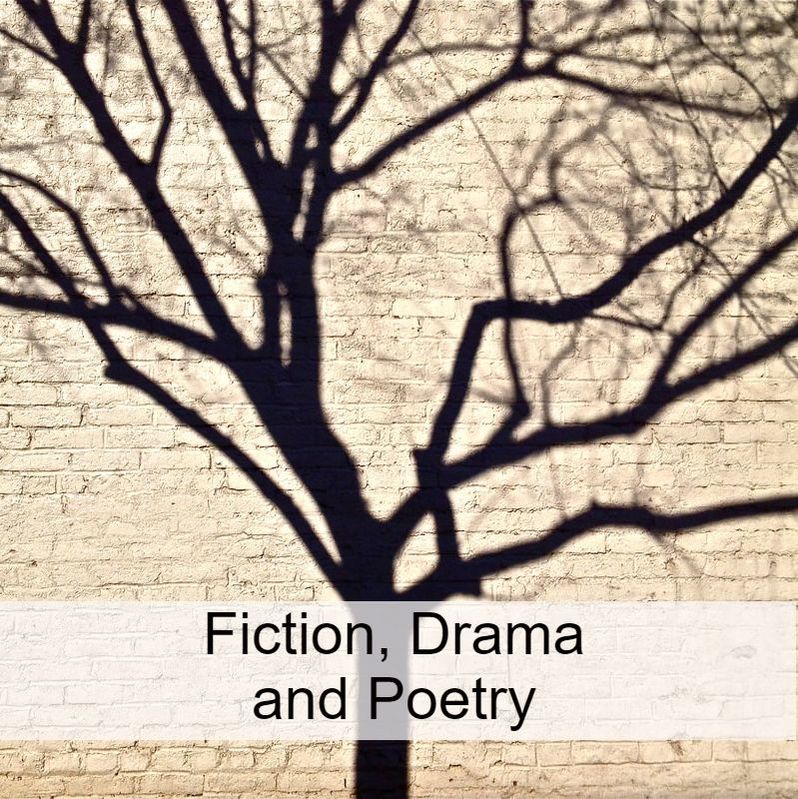Fiction, Drama and PoetryThere’s no possible thumbnail sketch for our rationale in putting together this collection of drama, fiction and poetry – except to say that this is where we categorically publish what we love.
Without exception, these books are clever, demanding, revealing and enlightening. 
The Ancient Device is the story of four somehow familiar, rather dishevelled, sometimes sympathetic characters: Hare, Fox-Owl, Ribbonhead and King John.
We meet this dysfunctional and longing band of players on their journey to a site in the English landscape where they are to give a performance of sorts. Yet exactly who they are, where they are and what they are up to, becomes increasingly uncertain as the book draws us into the mist, exploring and experimenting with notions of narrative and plot, psychology and self, performance and place… Like the characters, readers are unlikely to come out as they went in. The Ancient Device is both a novel and an exploration of what the author calls the ‘fiction of the self.’ The title of the book refers to this fiction that we all necessarily inhabit, but also to performance as a kind of device (and, indeed, the book as a device too). At stake in this exploration is also the development of an idea of ‘myth-work’ and how narrative and the laying out of imaginary landscapes and figures can work as a form of repair. 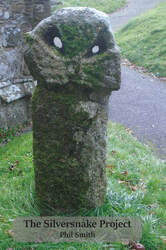
As our relationship with the world around us becomes more fragile and unpredictable, more paraded and more desperate, the role of ecogothic literature is to give voice to some of the growing fears and deepest feelings we have about our environment and climate change.
The three ecogothic novellas in The Silversnake Project show us individuals and societies coming apart at the seams in the face of an eerieness that is often hiding from us in plain sight. The toolkit at the end proposes walking, hypnagogic and ‘new ritual’ practices that draw on the novellas and invite reflection and reconnection. 
Set in Osaka and with its roots in drift, dérive, psychogeography and mythogeography, this is a defining novel for city walkers of every stripe.
Our man has acquired another man’s skin – André Cadere’s to be exact – and he’s wearing it. It’s uncomfortable. It is February 23rd – Terminalia – the day when Osaka’s pharmaceutical manufacturers distribute their excess stock free to the city population. Our man scoops some up. Then stuff happens. He starts to walk, sometimes seeking, other times avoiding, “Moving by signs, scents and surmising pointers, I might as well have been just going lost or grasping after wayward angels.” Along the way he encounters a sculpture that offers empty human husks that viewers can slip themselves into (and thereby fulfill their expected or assigned roles), a blind urban navigator with a sextant, a motivated lover, two blonds and a city block over-flown with sheep. |
Key Poetry titles ...
|
Key Drama/Theatre titles ...
|
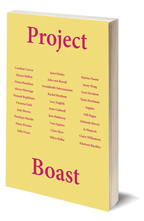
Project Boast ~ edited by Rachel Bentham & Alyson Hallett
"These poems disturb the peace with a loudness hard won from centuries of humility" Generations of disapproval leave their mark - and install beliefs, mindsets and habits so rigid that they are hard to break. In Project Boast, poets Rachel Bentham and Alyson Hallett seek out contemporary women poets who are speaking out and who are making a fresh mark, registering the straitjacket they have had to wear and celebrating the emerging possibility of real change. The result is this collection of 65 poems by 29 women poets - poems that are a reminder and a joyous encouragement, a feast and a heartfelt rejoinder. 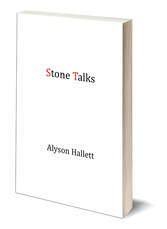
Stone Talks ~ Alyson Hallett
Alyson Hallett is a prize-winning poet and for the past 18 years she has curated the international poetry and public art project, The Migration Habits of Stones. So far she has taken five migrating stones on different journeys around the world. These migrating stones have a line of a poem carved into them and they are sited in public places in Scotland, USA and Australia. Her poems have also been carved into stones, boulders and a pavement in Bath. Stone Talks is for anyone who is interested in the politics of place, language, poetry, spirituality, relationships with the land. It is also for anyone who has ever felt an affinity with stones, pebbles and rocks. 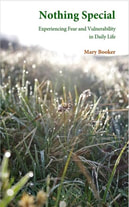
Nothing Special: Experiencing Fear and Vulnerability in Daily Life
Mary Booker A remarkable collection of poetry, prose, photographs and personal experience on the experience of vulnerability. Mary Booker is widely known and respected as a dramatherapist. But in Nothing Special she draws primarily on her own autobiographical writing, movement art, poetry, photography and a year-long Working Creatively with Fear project – as well as her dramatherapy skills and knowledge. Mary explores the roots of vulnerability and fear in her own life, then uses four characters from Shakespeare’s The Tempest to unpick the different faces of fear that arise when we meet rejection, abandonment, oppression, alienation, objectification, chaos and a sense of being out-of-control. |
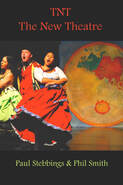
lessons, techniques and ideas for making new theatre for a changing world from the most widely travelled theatre that ever packed a bag
From a first-hand account of working with Jerzy Grotowski to an analysis of the art of writing for the stage; from the hazards of touring in the Emirates to the dramas of touring behind the Iron Curtain in the 1980s; from an analysis of the role of the set and stage music to the story of taking Shakespeare to China... this is an extraordinary, wide-ranging, funny, clever account of 40 years in the life of the most successful touring theatre company of all time. 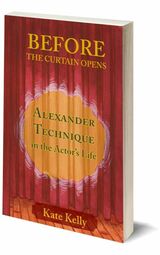
The Alexander Technique is a long-established, accessible and highly effective way of learning to change and retrain postural and behavioural habits that cause unnecessary tension, stress and illness.
Developed over a century ago by F.M. Alexander (who taught the technique to George Bernard Shaw, Henry Irving, Aldous Huxley and many others), the Alexander Technique is a form of conscious awareness and mindfulness avant la lettre. It has always been used principally by actors – though it has wide applications in other professions and in daily life. Kate Kelly has a lifetime’s experience as an actor and Alexander teacher. In Before the Curtain Opens, she invites performers of all sorts to examine the everyday habits of standing, sitting, breathing, speaking and reacting that spill over, unseen, into their professional lives. You might also be interested in our other subject areas
|

